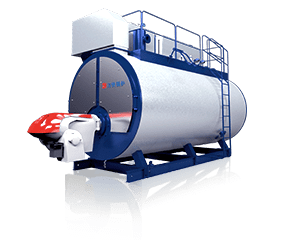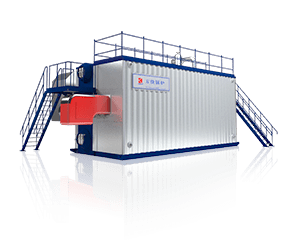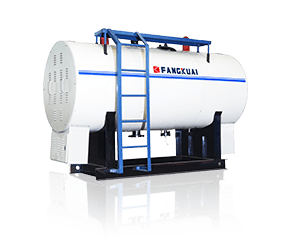No matter what equipment, corrosion can have a bad effect, and the same is true for
gas boilers. To avoid corrosion of gas boilers and to kill all adverse effects in the cradle, can the boilers be in long-term stable operation.
First of all, we must first understand, what are the conditions that cause the corrosion of gas boilers?
The corrosion of gas boilers is mostly caused by users' lack of knowledge of hot water
heating.
Among them, a large amount of supplementary water is the most harmful. It not only supplements a large amount of dissolved oxygen, but also because of the large amount of supplementary water and the overloaded operation of water treatment equipment, the unqualified chlorine content is often flushed to ensure the amount of supplementary water. water into the system.
Due to the low pH value of the boiler water and the high hydrogen ion concentration, the hydrogen will undergo a cathodic reaction under the ulcer corrosion.
When there is dissolved oxygen in the water, the presence of chloride will greatly increase the corrosion rate of iron. This is because the water chloride ions are easily adsorbed by the oxide film on the metal surface and replace the oxygen ions in the oxide film, thereby forming soluble chloride. , destroy the oxide film, so that the metal surface continues to be corroded.
Ideally, the operation system of the gas boiler should be basically tight and leak-free, and there is a fixed amount of water circulating in the system over and over again, carrying out the process of absorbing heat and releasing heat.
After the water is circulated, all the dissolved oxygen in it has been absorbed by iron, and it becomes oxygen-free water, which will not cause serious corrosion to the boiler.





